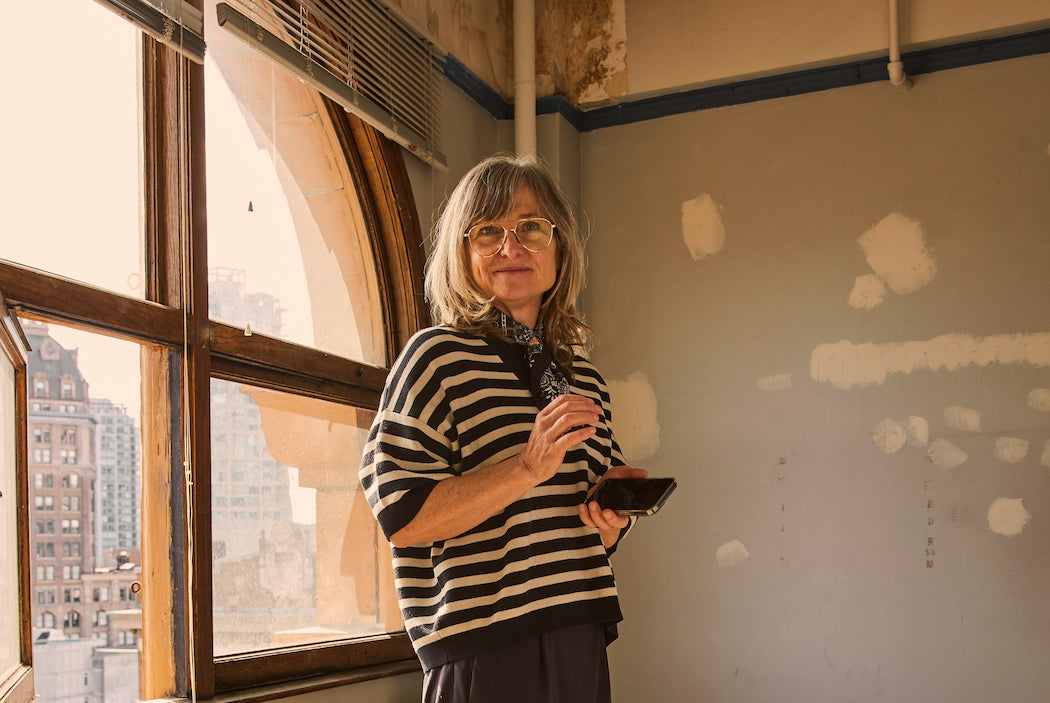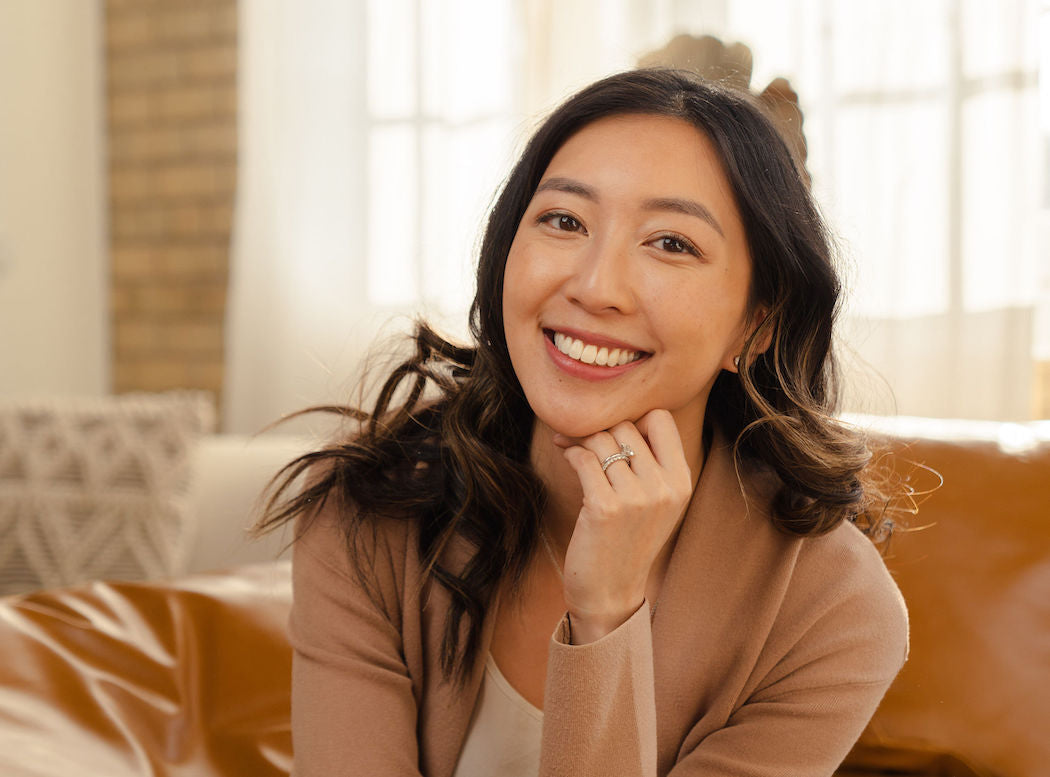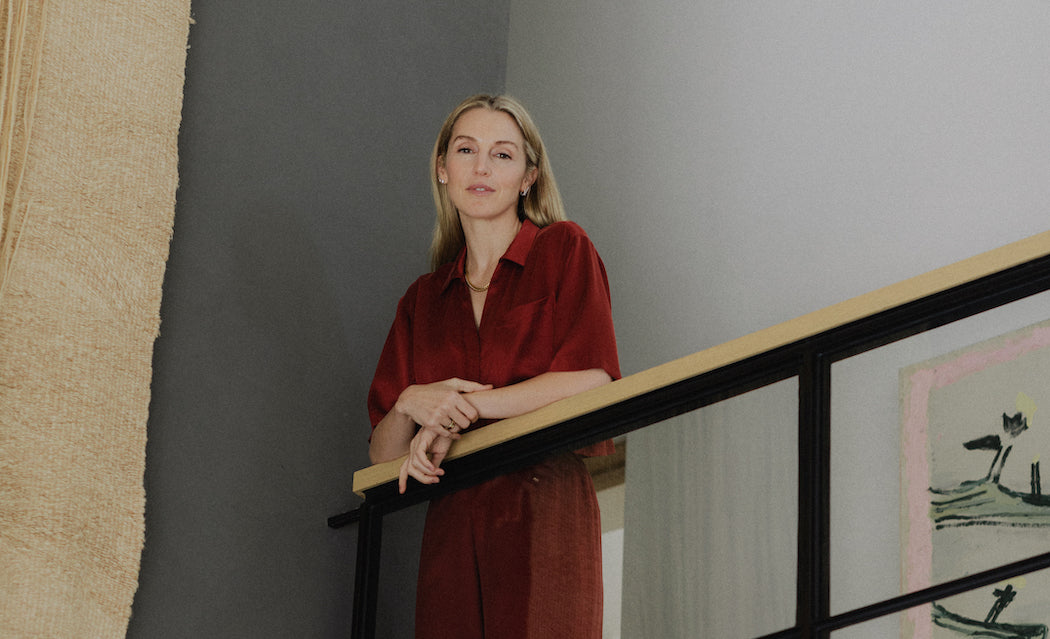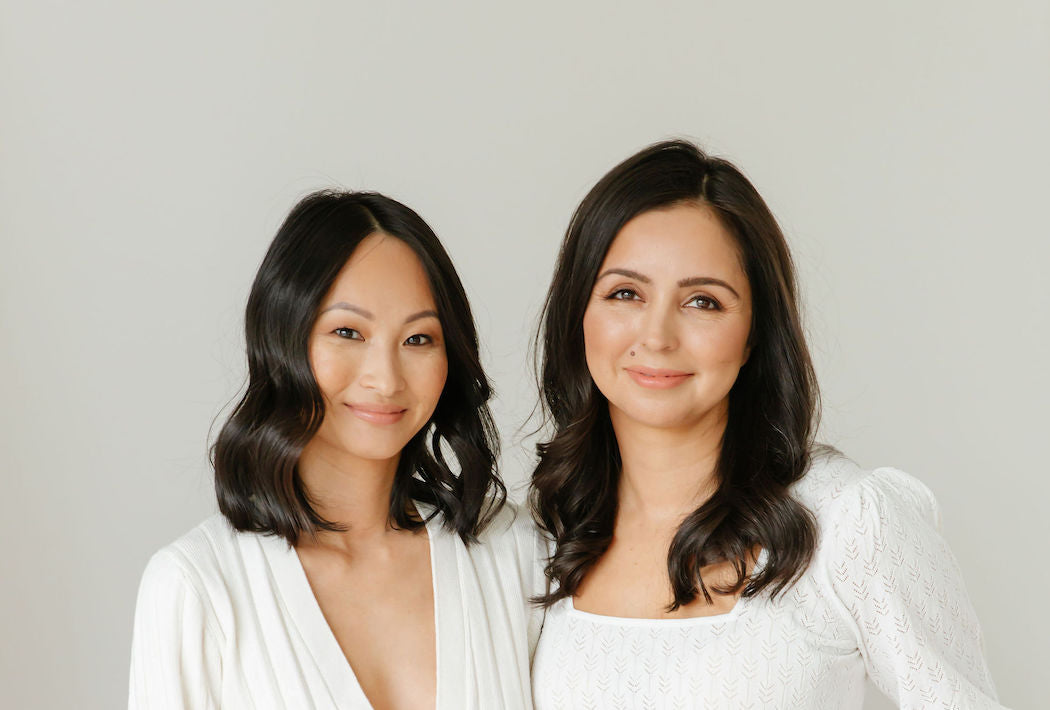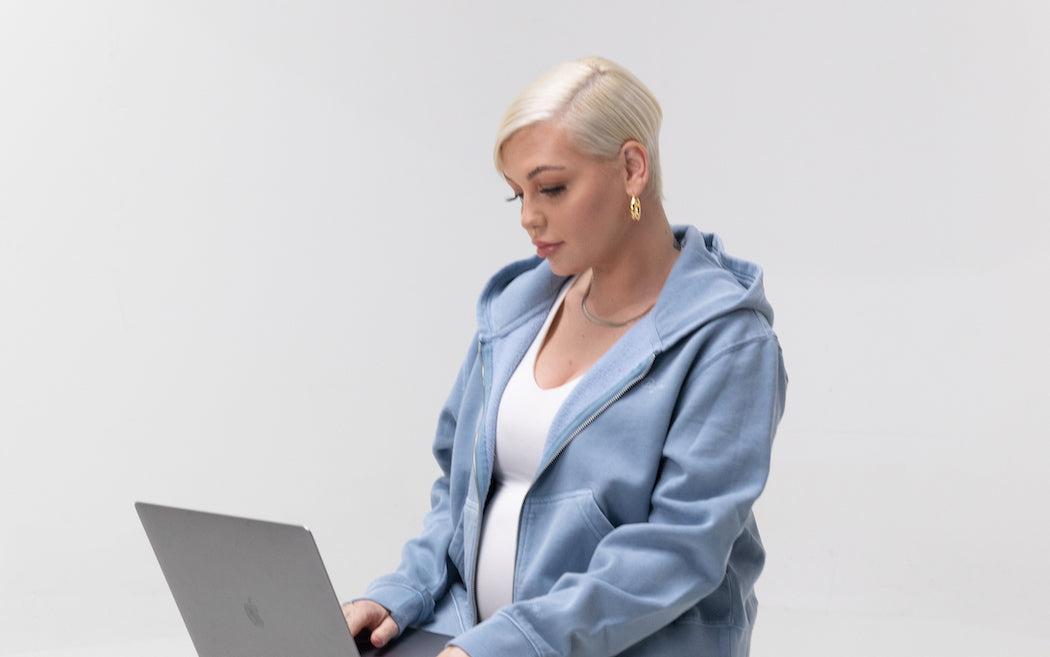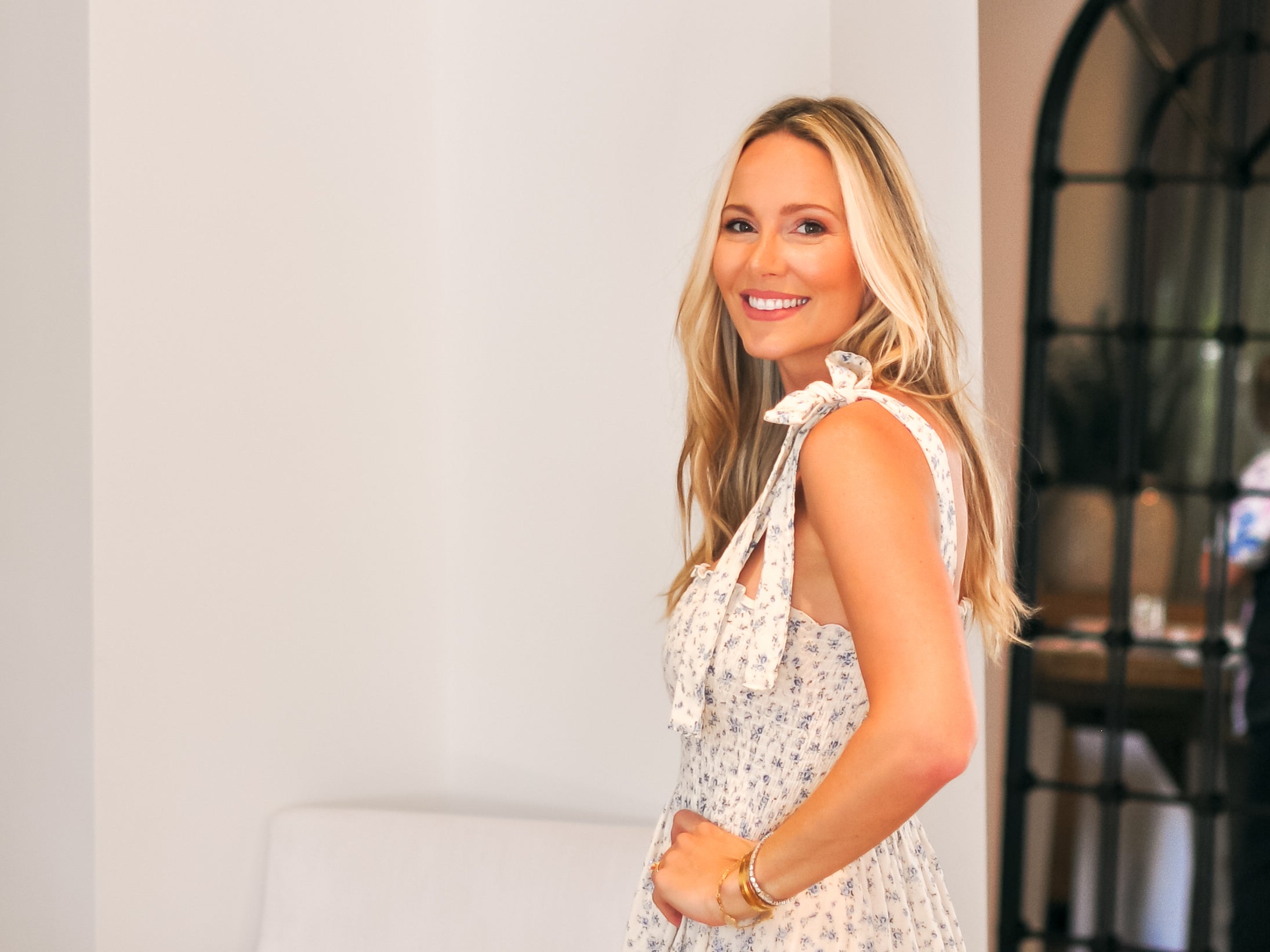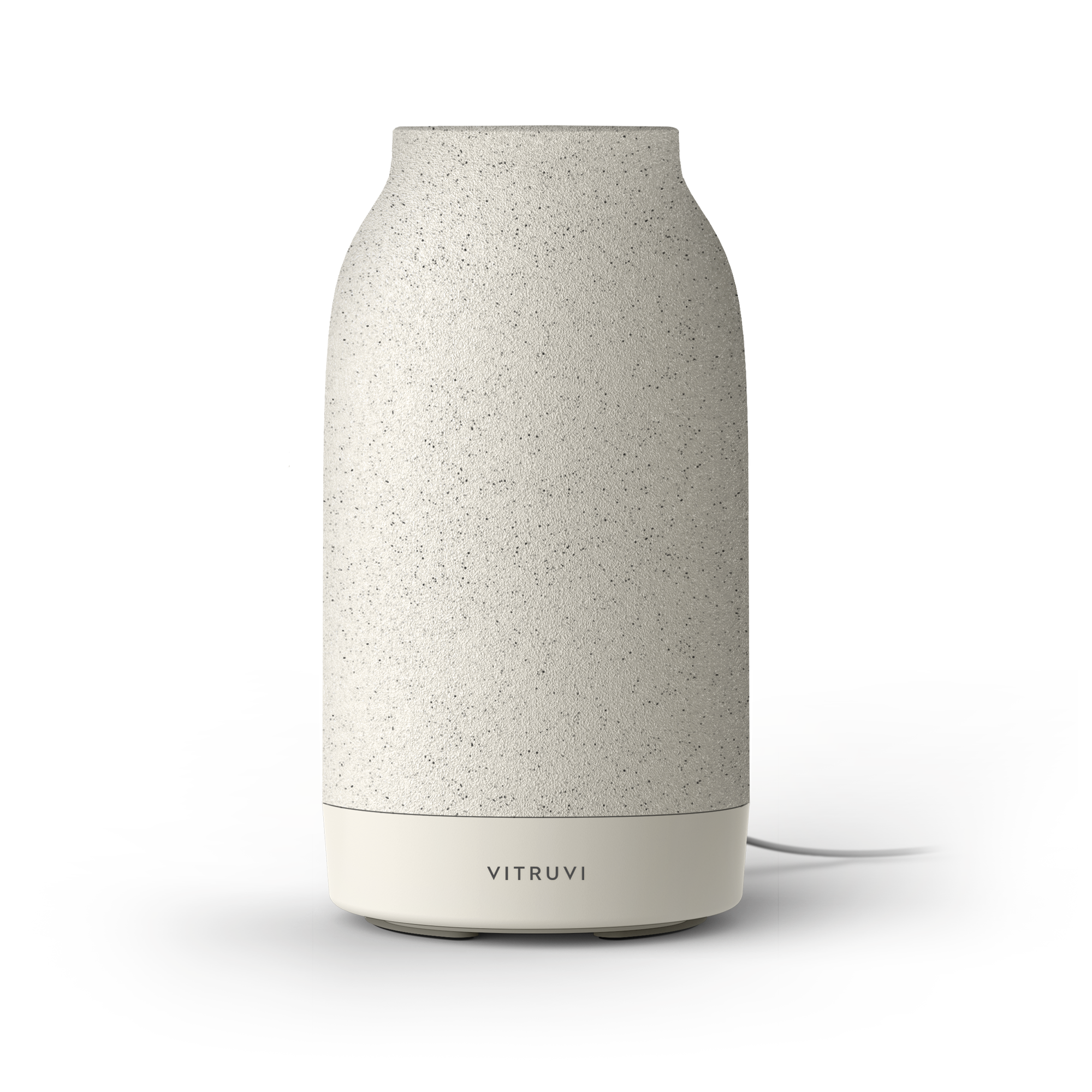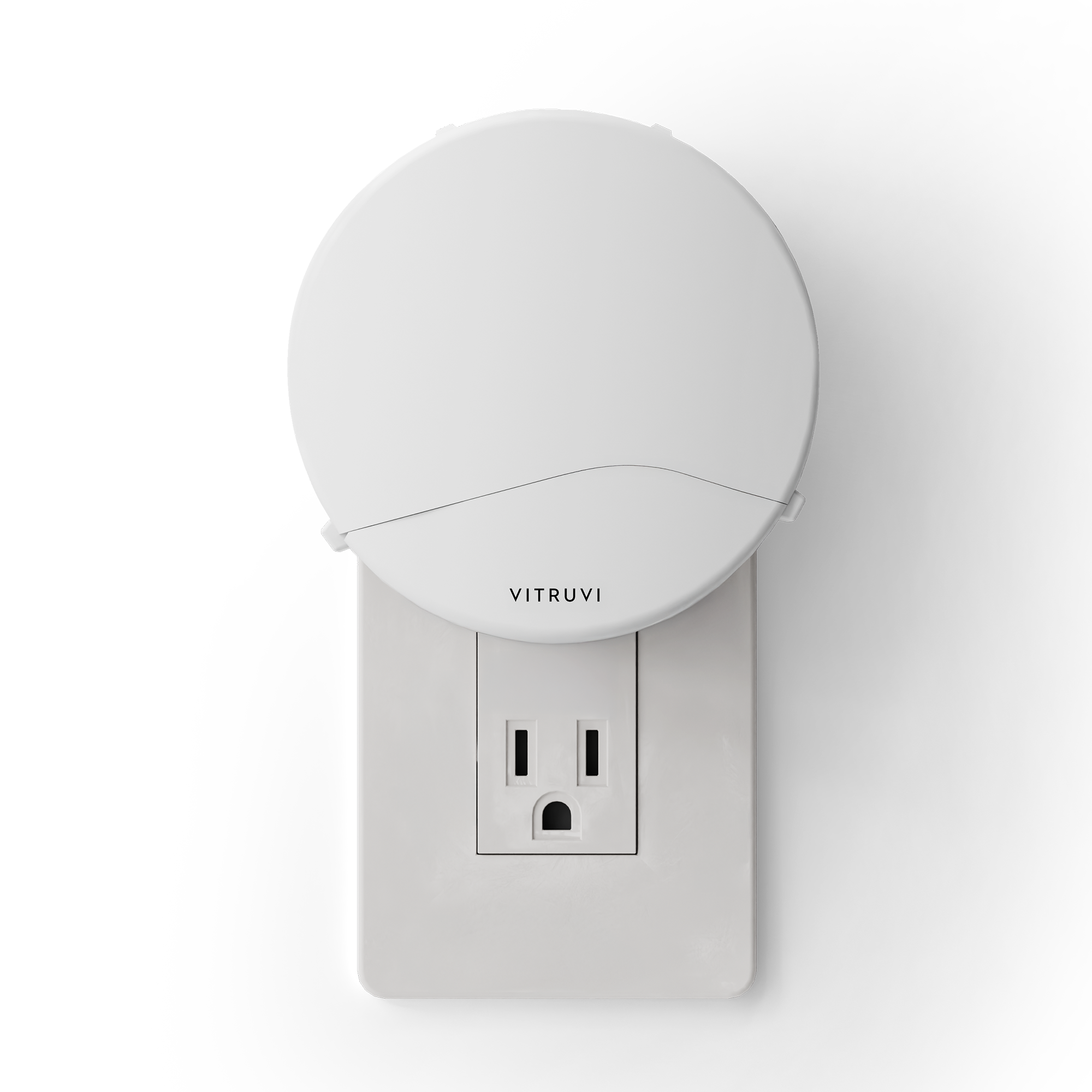Ask JKE is our monthly advice column written by Jackie Kai Ellis. Submit your questions anonymously here.
Dear JKE,
How do you build your self-worth?
-Insecure
~
Dear Insecure,
During the time I spent in France, learning about pastry and about myself, I happened upon a way to say “self-love” in French: amour propre. A clean love.
It struck me. It felt pure, untainted, and like what my inner voice might sound like in its natural form. I now know that it’s not the exact translation, and that there are other words for self-love in French, but at the time, it painted such a pretty picture about how I thought self-love was supposed to look that I’ve kept it in my mind ever since.
Self-love, self-worth, self-respect: these all seem to be such common terms nowadays. I see them scattered so frequently on my social media feed that they give a false feeling of facility. In practice, especially to someone who has only witnessed it from afar but has never seen it intimately exemplified in the day to day, the idea of self-worth is enormous and vague.
Without self-worth, I remember feeling paralyzed by self-hatred and self-doubt, worn down by my own inner critic, and aching to understand how to break this cycle. I put myself last, convincing myself that others’ needs were more important than my own. I observed those who seemed to be confident and free to express themselves, free to reach, and free to receive. I wanted that: to live unencumbered by that small voice in my head saying that I didn’t deserve to have my deepest desires. At the time, I believed that voice because it was the only one I heard. But I knew it was time to listen to something different.
I soon learned that while these “self” words each have unique meanings, they also overlap. So I figured that in order to respect myself, I would have to find worth in myself, too, and vice versa. I also figured that if I had true love for myself, the other things might naturally follow.
But even if you understand what self-love is, and you know you want it, it doesn’t just magically appear. I think that’s because it is a practice; it’s developed slowly over time, with trust and gentleness, like any other love. And like any other love, it can be diminished with neglect.
When I thought myself incapable of self-love, I challenged that thought with questions. Am I incapable of loving another? Am I incapable of love itself? In fact, the opposite was true: I was full of love, respect, and value for those around me. I was affectionate and worked to be a good friend and partner through thoughtful actions, words, gifts, and attention.
So I made a list of all the things I did for someone else who I loved, valued, and respected.
- Cook a dinner of their favorite foods.
- Send words of affirmation.
- Bring them an ice cream cone when they feel down.
- Be their biggest cheerleader.
- Spend time enjoying their favorite hobbies with them.
- Be brave when they are scared.
- Challenge them when you know they need a kick in the pants.
- Enjoy their company.
- Be compassionate when they aren’t at their best.
- Draw them a bath after a long day.
- Stand up for them, encourage them, and remind them of their true and best selves.
I made a note to try to do them all, but for myself. I cooked special dinners for myself, spent quality time alone, bought myself an ice cream cone when I felt down, drew myself a bath, gave myself compassion, cheered myself on. I reminded myself of the true, best version of me, and I stood up for that.
I cultivated love for myself because I knew I was worth that experience. I deserved to say to myself the kinds of compassionate words that I’d so willingly say to others. Unexpectedly, this practice got me used to not only the idea of giving it to myself, but also, eventually, to the idea of receiving it from others. Allowing myself to be loved became an equally powerful way to teach myself self-love, self-worth, and self-respect.
It didn’t “cure” me of self-doubt or of the destructive little voice that habitually floated into my head. I still have moments when I need to ask if I am being self-loving or not. But it was a wonderful first step to kickstart helpful habits. It helped me to see myself with “clean” eyes—my own eyes—and to see glimpses of who I truly am: worthy, just like every other beloved person.


